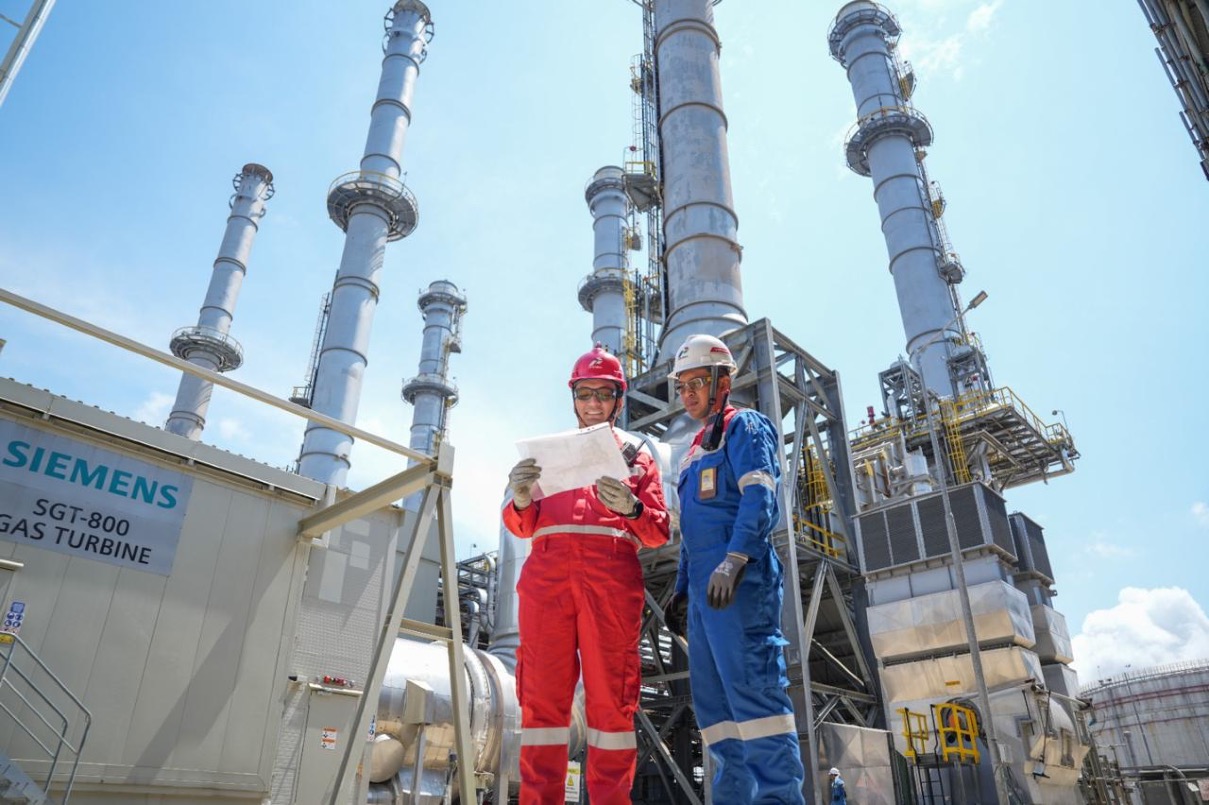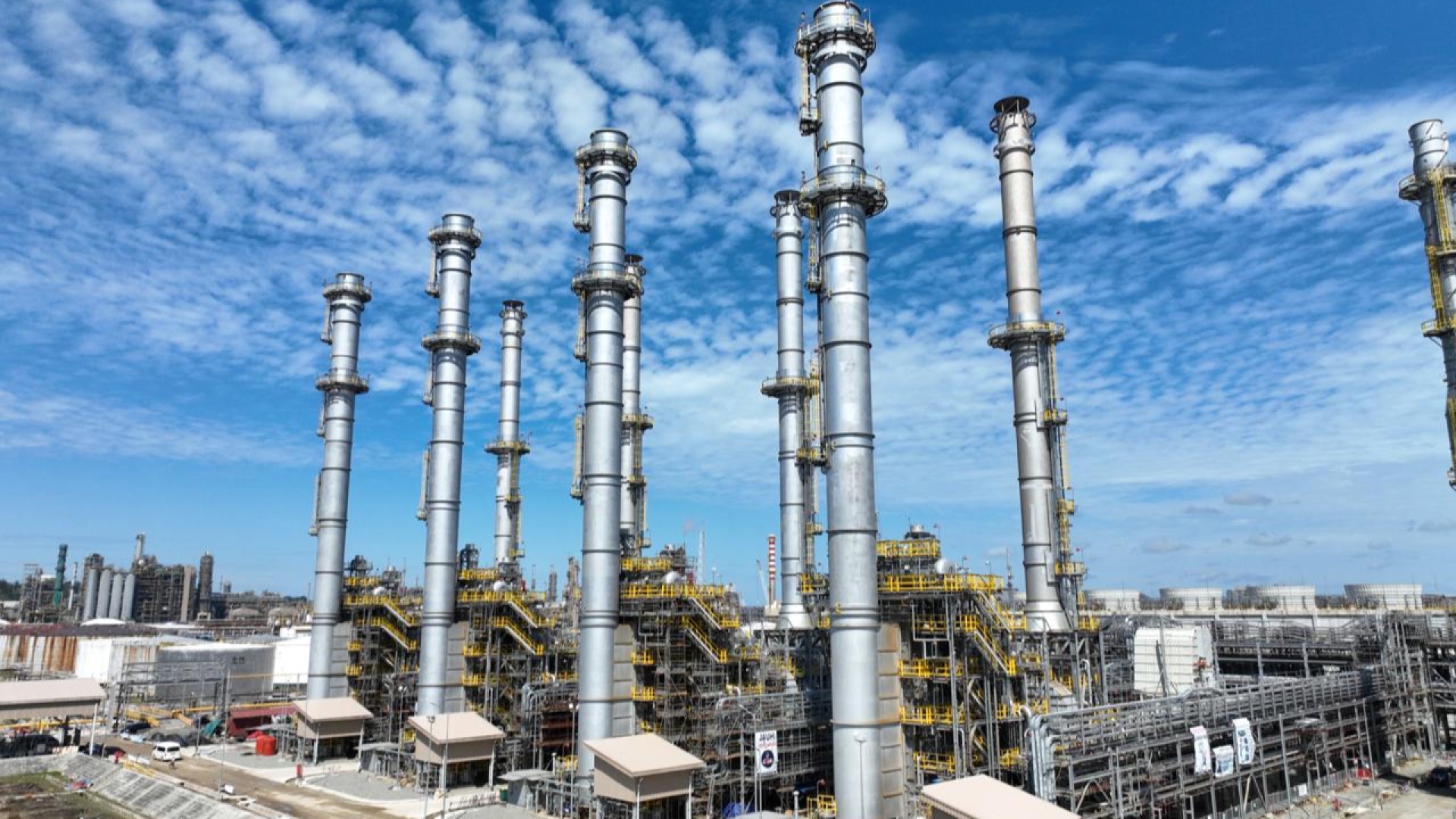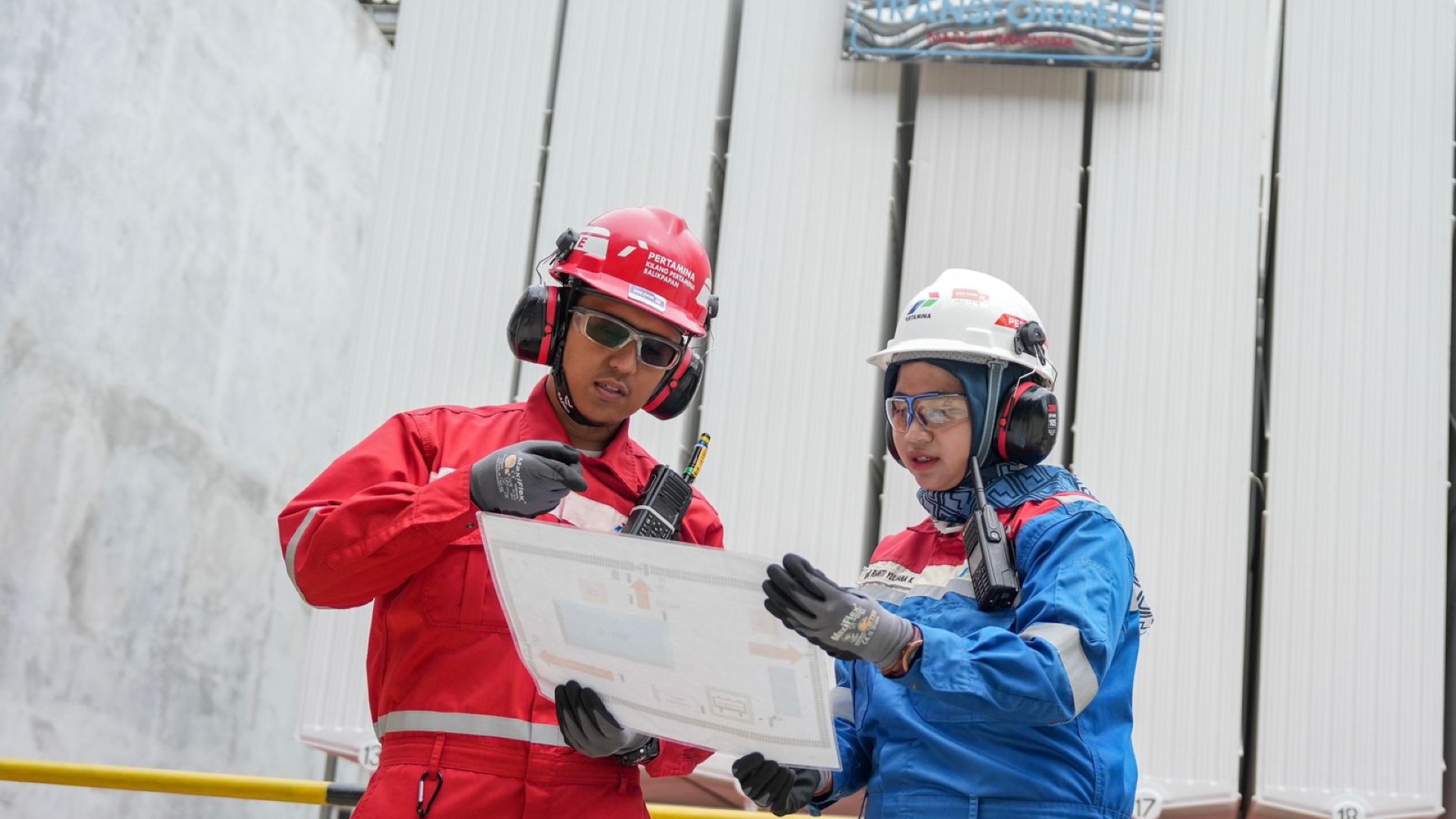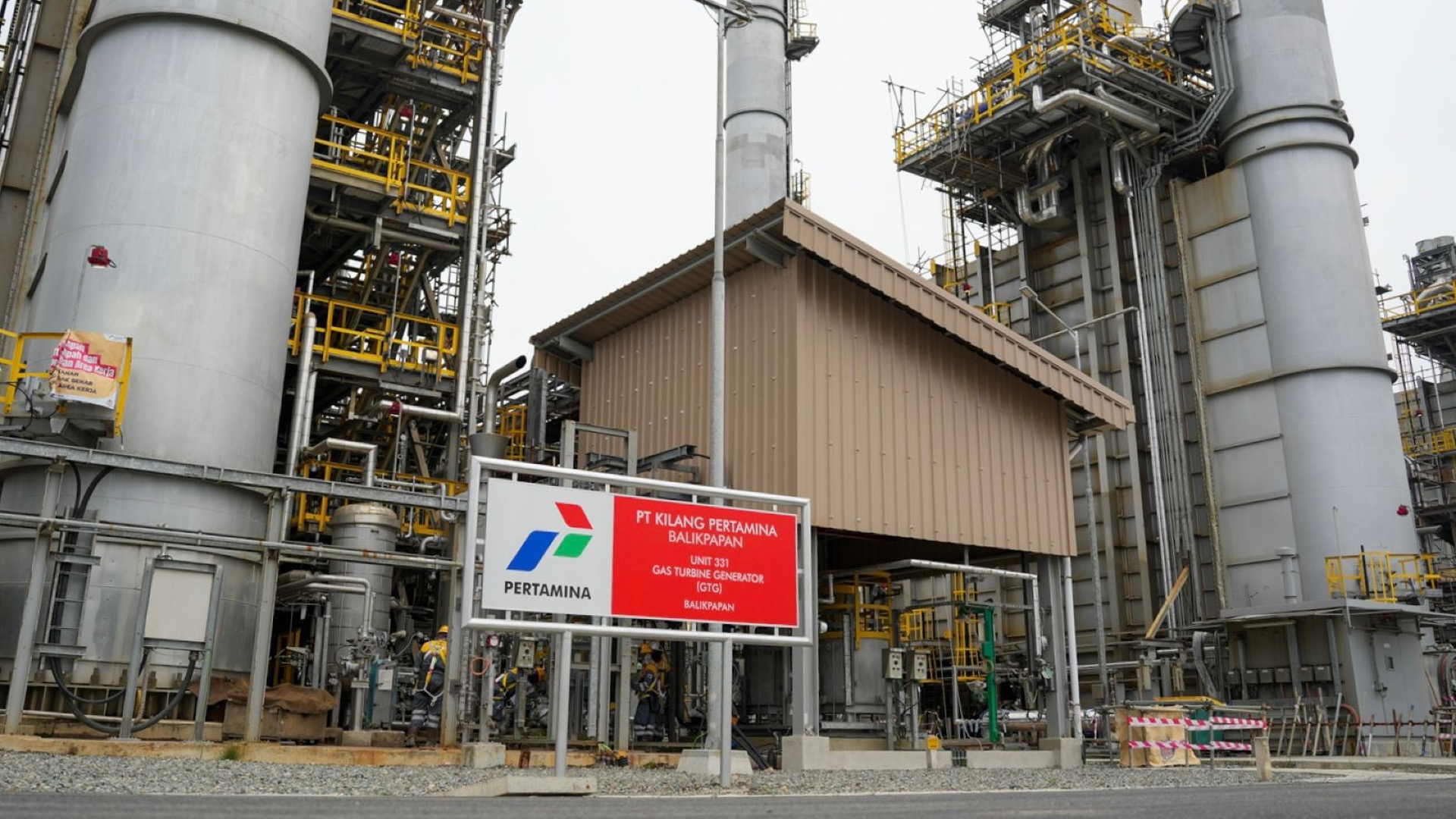Media
Press Release

PT Kilang Pertamina Balikpapan Finalizes Final Stages of RDMP Project Ahead of Operational Phase
Wednesday, 22 October 2025
PT Kilang Pertamina Balikpapan (KPB) continues to solidify the implementation of the Balikpapan and Lawe-Lawe Refinery Development Master Plan (RDMP) National Strategic Project (PSN), which is now entering the final stage of construction. This project is an important milestone in the modernization of Pertamina's refineries to increase the capacity, quality, and complexity of oil processing, with a primary focus on the readiness of the Residue Fluid Catalytic Cracking (RFCC) unit for the commissioning and start-up phase.
Vice President (VP) of Legal & Relations at PT KPB, Asep Sulaeman, explained that the Balikpapan RDMP Project is being carried out through three main scopes of work, namely the Early Works Project, Engineering Procurement Construction (EPC) ISBL–OSBL, and EPC Lawe-Lawe. “All work on the Balikpapan and Lawe-Lawe RDMP projects is being carried out in stages and in an integrated manner,” explained Asep.
The first phase of the project is the Early Works, which form the initial foundation of this megaproject, involving 16 preliminary work packages covering site preparation, basic infrastructure development, temporary utilities, and construction support facilities. This work ensures that the refinery area is ready for the construction of new large-scale units in the next phase.
“These 15 preliminary work packages have been completed, and currently, there is additional work in the form of tank modifications that are being carried out in parallel,” added Asep.
Within the scope of the main EPC ISBL (Inside Battery Limit) and OSBL (Outside Battery Limit) projects, work is focused on the construction and development of 39 units, consisting of 21 new process units, 13 new utility and support facilities (utilities & offsite), and 5 revamp units from existing facilities. The majority of these utility and support facility units have now entered the equipment testing and initial operation phase.
Meanwhile, in line with the development of the Balikpapan Refinery's processing capacity, the strengthening of the crude oil supply chain's receiving and storage network is also being carried out through the scope of the Lawe -Lawe scope, which includes the construction of two crude oil storage tanks with a capacity of 1 million barrels each, a 20-inch diameter onshore-offshore transfer line pipeline network, a 52-inch unloading line, and a Single Point Mooring (SPM) facility with a capacity of 320,000 DWT.
Behind the scale of this megaproject, the main challenge of the Balikpapan RDMP Project lies in the complexity of the work amid the existing refinery's operations, which continue to run at full capacity. All construction activities must be carried out with strict planning and coordination so as not to disrupt the reliability of the refinery's ongoing operations.
“This is not only a large project in terms of investment value and number of units, but also in terms of technical aspects. The project team must work with high precision because all work is carried out alongside the refinery, which is still in operation,” added Asep.
In addition to focusing on construction completion, KPB also places work safety as a top priority. Every project activity is carried out in accordance with the Corporate Life Saving Rules (CLSR) and international safety standards.
“We ensure that all construction activities are carried out with the principle of safety first and thorough preparation before entering the equipment testing phase,” he said.
As of the third week of October 2025, the Balikpapan RDMP Project has reached 96.80% progress with most of the physical work completed. Currently, the project is entering the equipment testing (commissioning) phase as a step toward the start of operations (start-up).
“We are now at a crucial stage toward the operational phase by the end of 2025. The Balikpapan RDMP is a symbol of Indonesia's energy independence, a product of the nation's own efforts,” Asep concluded.


